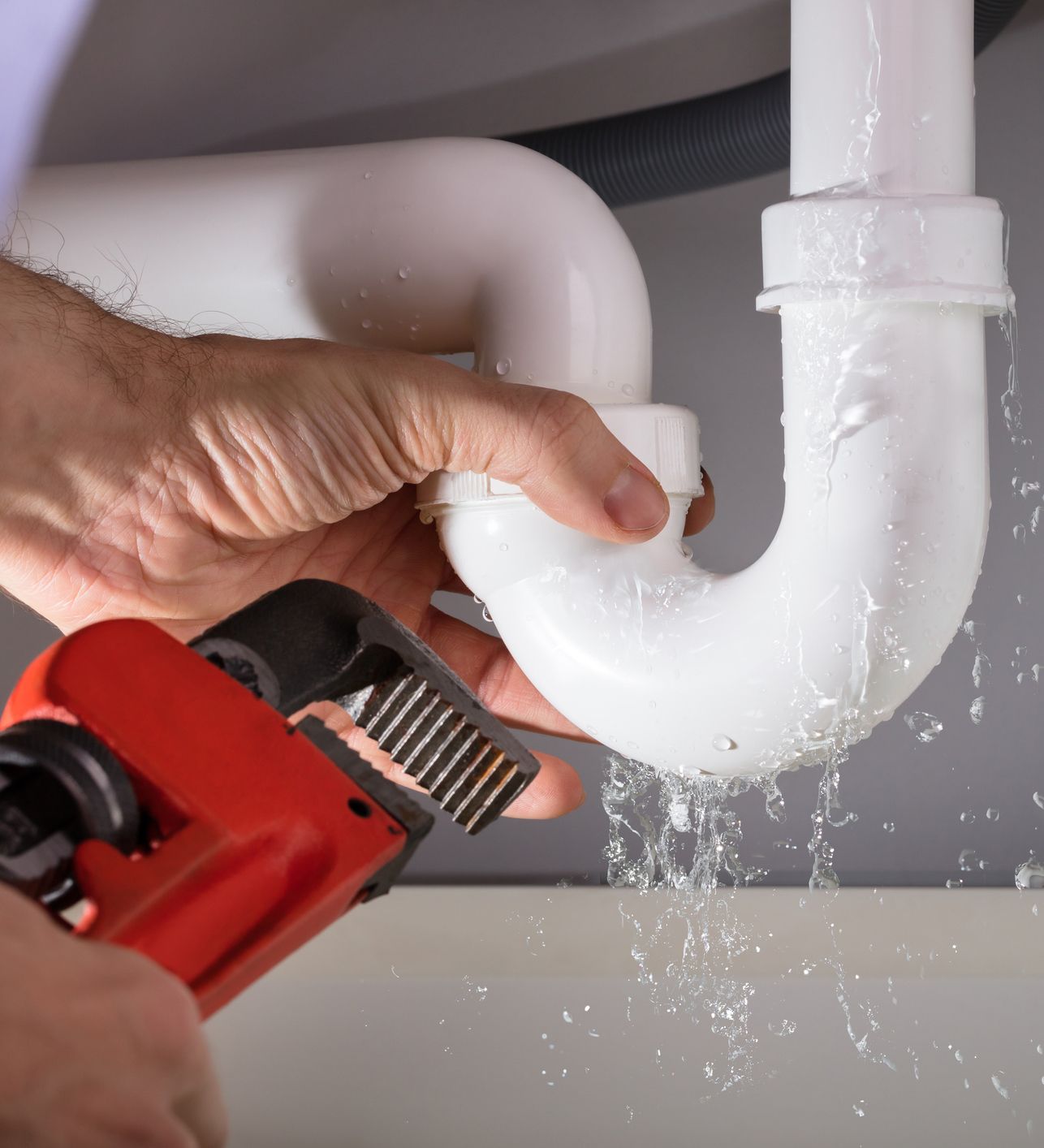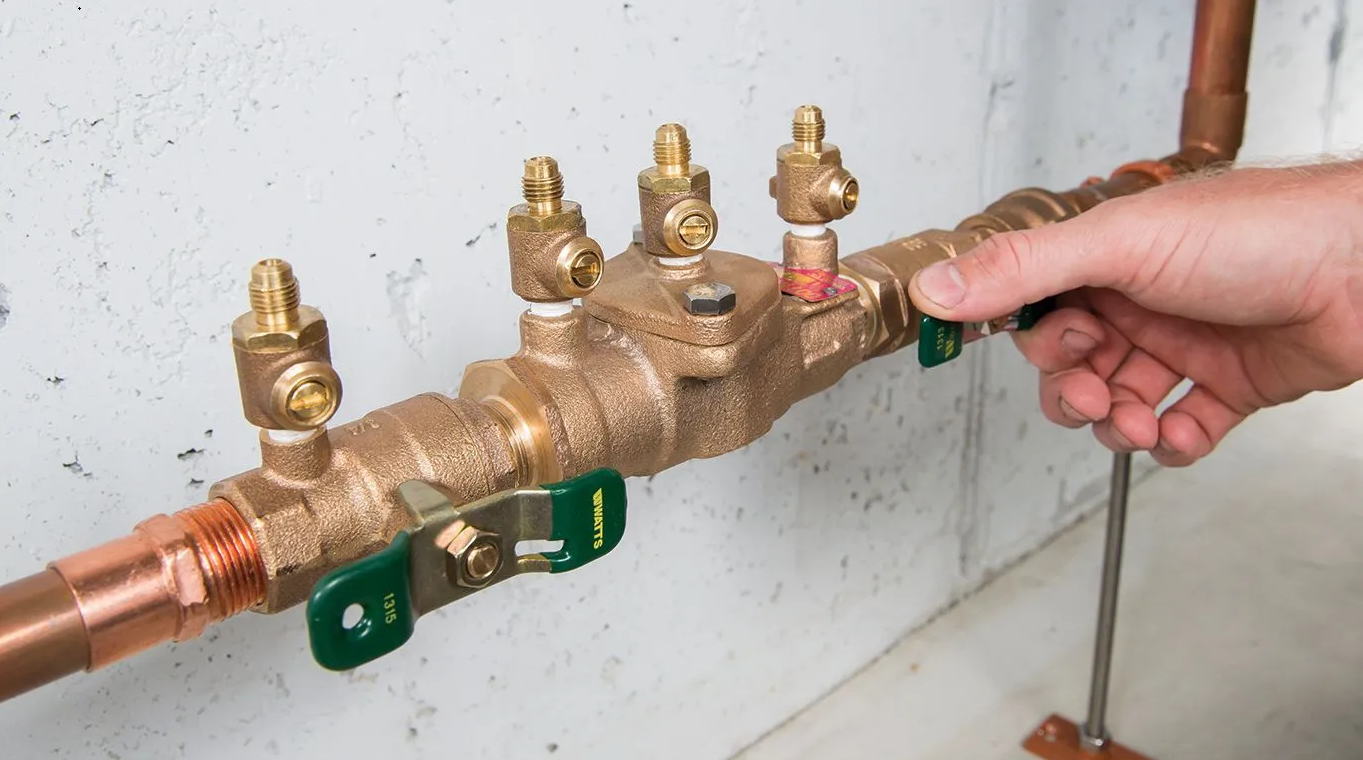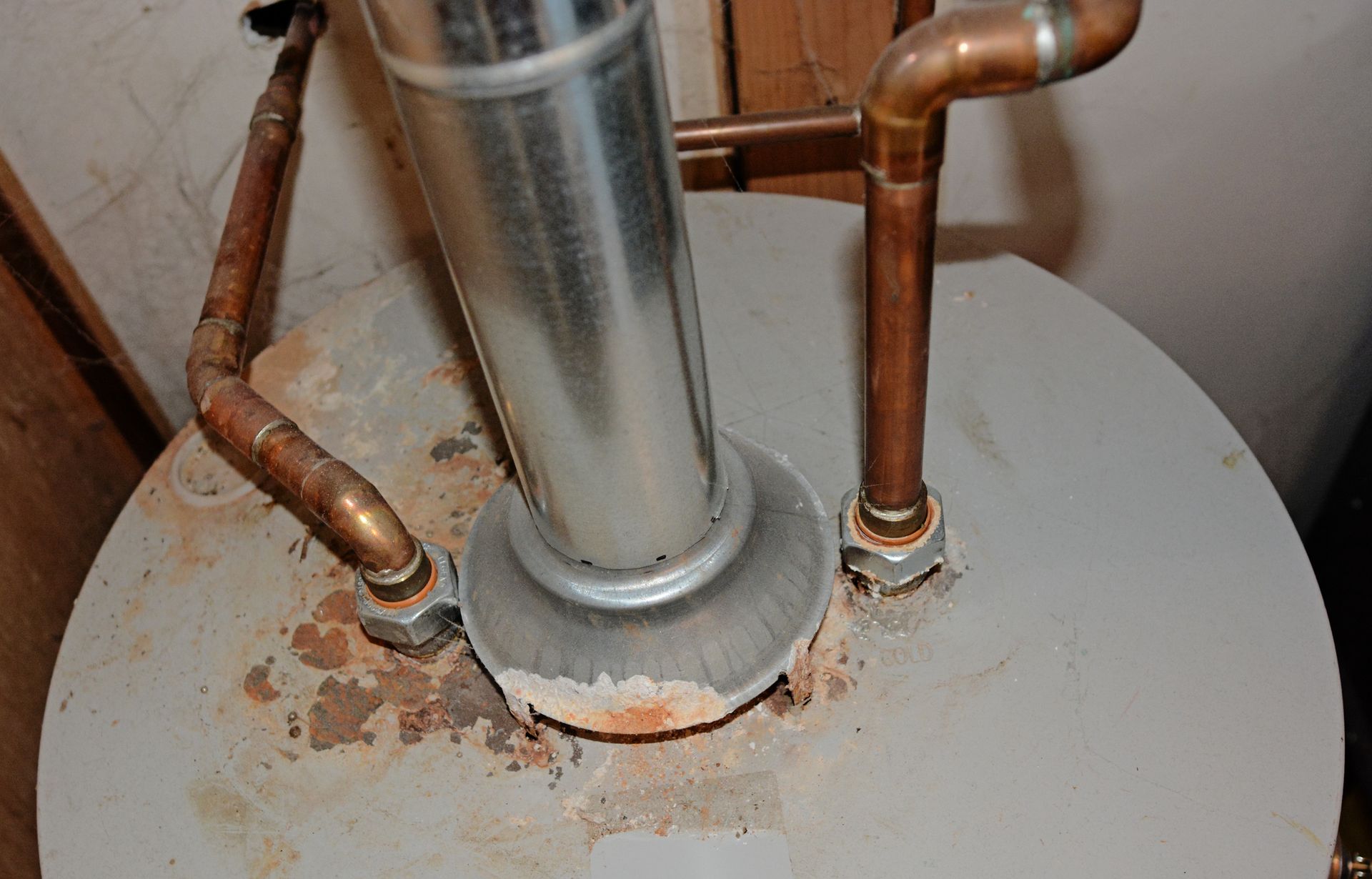Have a Clog? Don’t Use Chemical Drain Cleaners
You know the signs of a clogged drain all too well. Instead of flowing quietly through your plumbing, the water gurgles and glugs. Over time, the small pools that form around your drain as you wash dishes or your hands eventually turn into little lakes. In some cases, the water backs out of your drain after seeming to go down, and what comes up looks dirtier than what you originally rinsed away.
You also know that if you don’t handle the clog quickly that it could contribute to leaks and flooding. You don’t want to go through the hassle of calling a plumber, so you feel tempted to rely on a chemical drain cleaner instead. After all, the advertisements suggest that the formula will quickly scour your pipes and break down any debris. Soon you can go back to washing your clothes or bathing your children as normal.
But don’t grab that plastic jug just yet.
Despite manufacturer claims, chemical drain cleaners may do your plumbing more harm than good. Unless you use a product specifically recommended by your plumber, your cleaner may have the following problems.
1. The Fumes Are Toxic
Take a quick look at your drain cleaner’s label. You’ll likely see a lengthy list of warnings describing the negative health effects. Although these health effects vary depending on the product, you can experience skin irritation or even severe burns if you spill the cleaner on your skin.
Even if you were to exercise the utmost care when pouring the chemicals down your drain, the formula will still release fumes into the air, and these fumes can linger for days after usage. If inhaled, many drain cleaners cause difficulty breathing, chest pain, and fainting.
2. The Chemicals Erode Pipes
Different products rely on varying chemicals to unclog your pipes. Caustic drain cleaners, for example, use caustic potash or lye to dissolve clogs. Oxidizing cleaners often feature nitrates, bleach, and peroxides. Acid drain cleaners have hydrochloric or sulfuric acid.
But no matter which product you use, you can expect your chemical drain cleaner to react with the hair, scum, and debris in your plumbing and create heat. The reaction and resulting heat can soften modern PVC pipes and corrode older copper, steel, and cast-iron pipes, especially if used incorrectly.
If your pipes have already suffered minor damage or corrosion from general wear and tear, the chemicals could worsen the condition of your plumbing and increase the likelihood of leaks.
3. The Formula Upsets Bacterial Balance
If your plumbing connects to a septic tank rather than a municipal sewer system, you should avoid chemical drain cleaners as much as possible.
Septic tanks contain a delicate balance of bacteria colonies and chemicals. When you flush waste down your plumbing, the bacteria break down and consume the debris that accumulates in your tank, and the remaining water flows away into your drain field.
However, experts have found that only 12 grams of bleach (or similar drain cleaner) can effectively kill many of the bacteria colonies in your tank. Without adequate bacteria in your septic tank, the waste will accumulate, and you’ll have to pump and replace your failing system.
4. The Results Are Temporary
If you have a small, manageable clog, a mild store-bought drain cleaner might help you clear away some of the debris and allow the water to flow smoothly once more. But keep in mind that drain cleaners have limits, and they won’t compensate for undersized, outdated, or damaged plumbing.
Clogs can occur for a variety of reasons, not just the food you toss down the
disposal or the hair you shed in the bath. If you have a backed up sewer line, broken pipe, or non-dissolvable item (such as a toy or tool) lodged in your plumbing, drain cleaner will only address surface buildup rather than the underlying cause.
If you’re lucky, the product will give you enough clearance to restore minimal water flow, but your pipes might clog again and again and again, despite frequent cleanings. If you’re unlucky, the drain cleaner will sit on top of the clog and continually eat at your already compromised pipes, resulting in additional damage.
Call Your Plumber Whenever You Have a Clog
Chemical drain cleaners have a lot to offer homeowners: convenience, affordability, and speed, to name a few. But unless you know the precise nature of the clog, the overall condition of your pipes, and how the ingredients will react in your plumbing, you’ll be better off skipping the drain cleaners and talking to a reliable plumber.
When you schedule professional drain cleaning , you can rest easy knowing that the plumber will only use professional equipment. Additionally, your plumber can thoroughly inspect your pipes and pinpoint any problems that would result in repeated clogs.
The post Have a Clog? Don’t Use Chemical Drain Cleaners appeared first on .
Leave A Reply
More Posts









